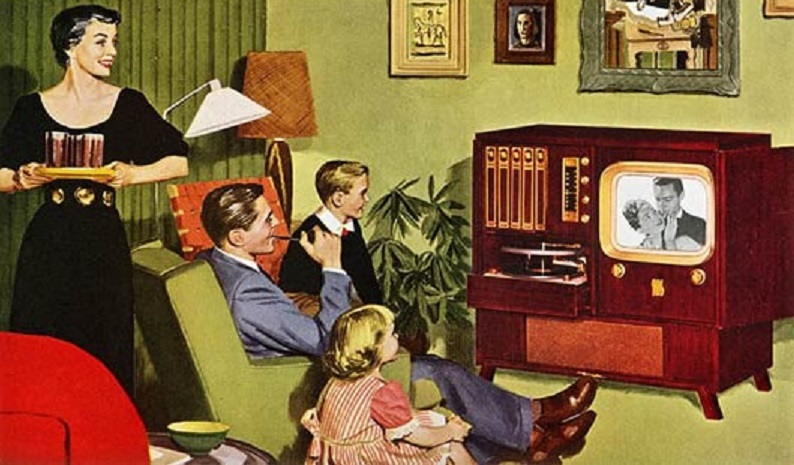Got a Good Idea for a TV Show? Pitching Broadcast Networks is Probably Your Last Resort
There’s no doubt that broadcast television has seen a decline in live viewership. With services like Netflix, Hulu, HBO, Amazon, DVRs, network streams and more, the way we watch TV has drastically changed.
But not only the consumption side has changed, even more interesting has been the shift toward how show creators pitch their TV shows.
One of the most famous examples of this is when David Fincher was pitching ‘House of Cards’ around to various networks. He had some pretty strict demands, basically asking for creative freedom and having no desire to create a pilot of which the network could chime in and try to change.
This was not a standalone event either, with the major streaming services all winning some pretty big deals t be the exclusive distributors of some shows that certainly could have appealed, perhaps a bit watered down, to broadcast network television executives.
But thinking about this, of course a show like ‘Orange is the New Black’ doesn’t have a chance of survival in its current form on any of the four major broadcast networks. Even cable television would struggle to get these shows past the FCC and especially keeping advertisers at bay who might be concerned that their brand commercials would be slotted between something deemed inappropriate by some consumers.
So if you’re a show producer, and looking for creative freedom, having far more flexibility with a service like Netflix or HBO definitely seems appealing. Not to mention these major streaming services are seeing a boom in subscriber numbers, meaning they’re now at a place where they can even compete on price.
Patrick Moran, an ABC executive was speaking at the ATX Television Panel this weekend, and offered some interesting insight into this change:
What I will tell the head of the network is: ‘You’re the last stop on the train of pitches. You’re the last stop! [Producers are] are starting at Netflix and then they’re going to go HBO and Showtime, and then maybe — if the train is still going — they’re going to make their way to the broadcast networks. So they have to work that much harder to attract talent, to attract actors, to attract directors. It’s harder on the broadcast side to remain competitive with how sexy it feels to be at the new kids on the block like Netflix and Hulu and Amazon. It’s not a level playing field, exactly. And it does put the burden on us, when working in the broadcast space, to work harder and do better.”
Broadcast networks play by a different set of rules than the wild west of streaming television, but this isn’t the first time technology has massively disrupted the entertainment industry. And with the quality level of shows being produced by the streaming services, most consumers probably aren’t losing sleep over this shift.

